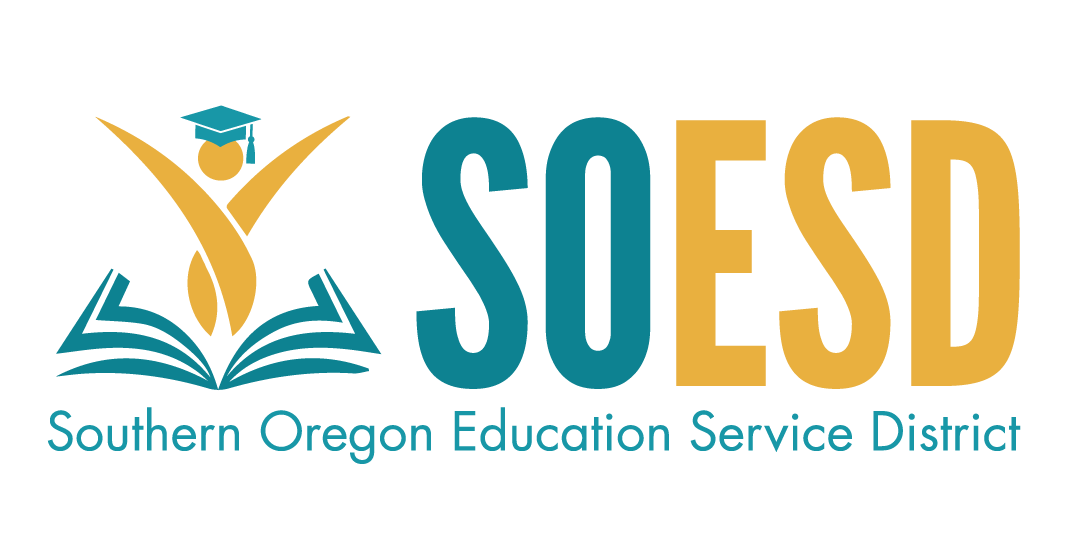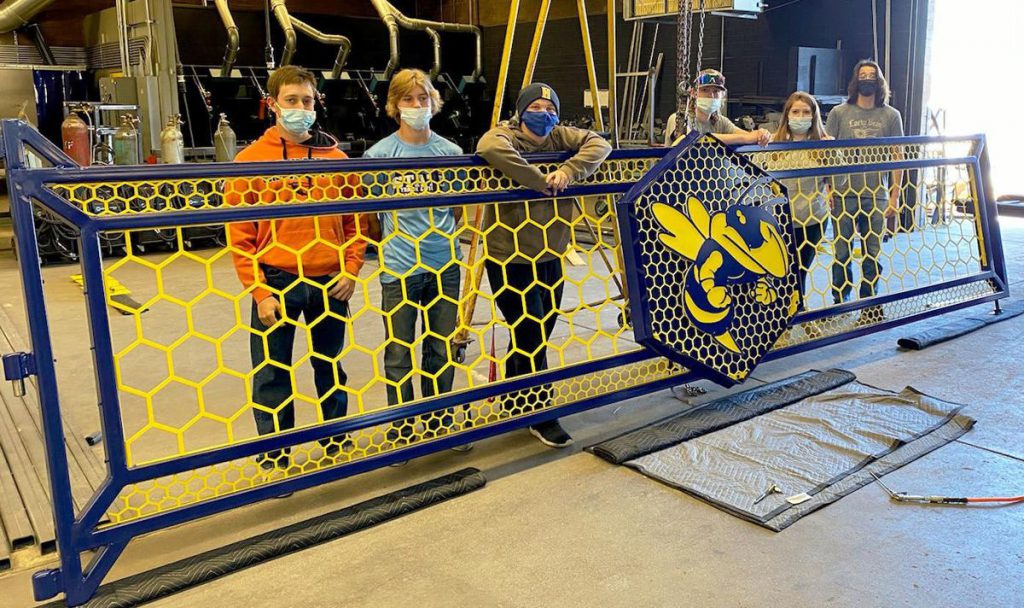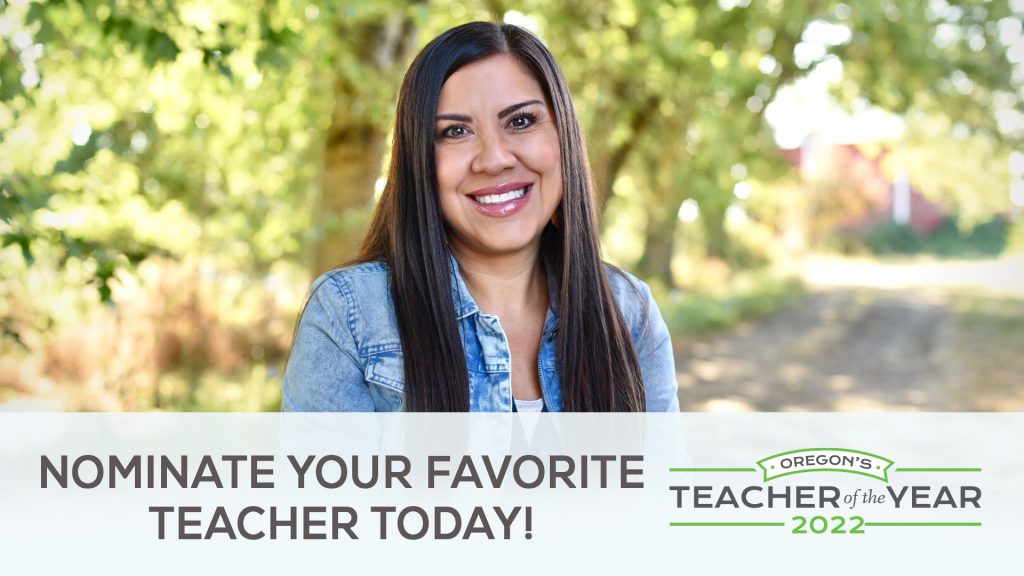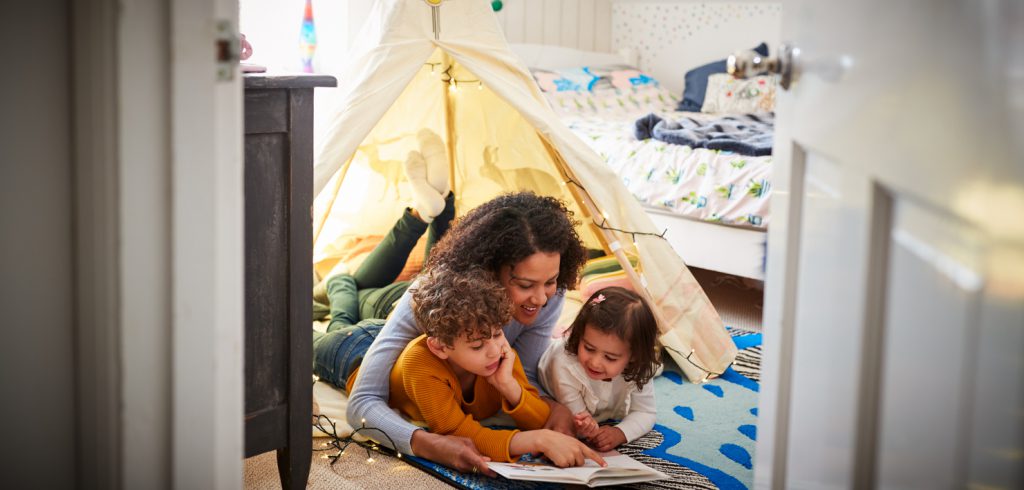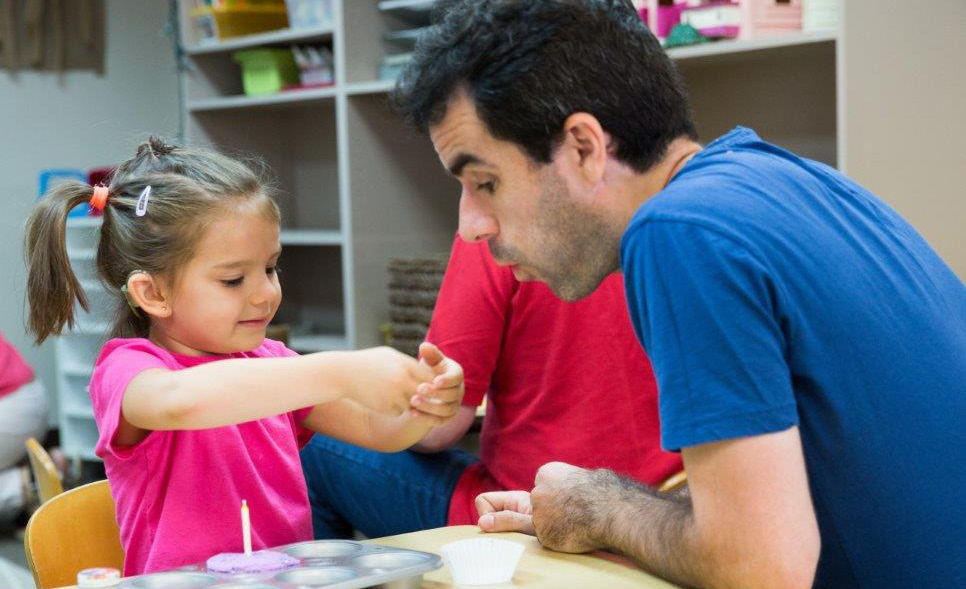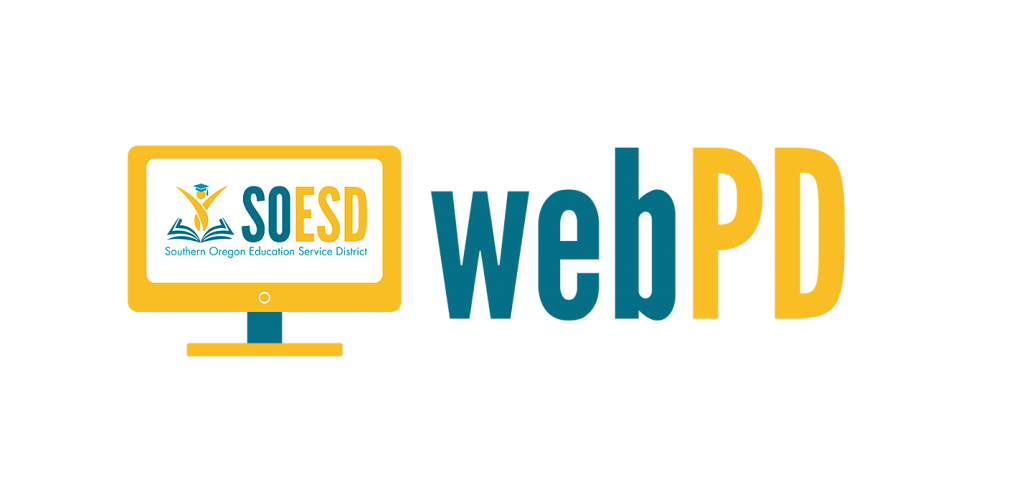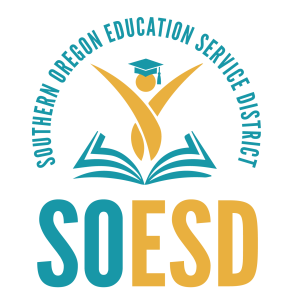This winter, the Southern Oregon Career and Technical Education Consortium (SOCTEC/CTE) and the Southern Oregon STEM Hub/CC4All have been working with the ODE on the planning and roll-out of an ODE/CTE middle-school career exploration pilot. During the planning phase, ODE’s CTE Department was directed by the Oregon Chief Education Office to select five of the 17 CTE regions in the state and pilot the initiative in 25 middle-schools across the state. Southern Oregon was selected as one of these five regions and was tasked with selecting five of our middle schools to participate.
This pilot program pairs an aptitude/interest test for 7th and 8th grade students, with career exploration opportunities that support students’ results. Local SOESD representatives met with the Curriculum Directors, Superintendents, Principals, Career Counselors, and CTE and Core teachers from local middle and high schools to plan how this might to execute the program. The group selected a combination of the YouScience aptitude test along with the Southern Oregon Connections/Nepris platform.
Knowing that a pilot would have greater success in schools that were either smaller, or closely connected to their high school partners, and paying special attention to equity, the group noted five middle-schools that fit these priorities including Henley Middle School, Lost River Jr./Sr. High school, Prospect Charter School, Butte Falls Jr./Sr. High School, and Chiloquin Jr./Sr. high School. Each of these schools have CTE Programs of Study at their high schools, have large populations of under-represented students, have strong career counseling for their students, and are somewhat familiar with Southern Oregon Connections/Nepris.
Concept of the pilot:
- During January, all 7th and 8th grade students at the middle-schools listed above will take the “middle-school” YouScience aptitude/interest test
- During February, staffs from the middle and high schools will follow-up with the students, going over their test results, and noting potential careers where students have aptitudes and interests that they may not have considered, or knew about before
- Initially, as a way of introducing students to different careers, they will be directed to explore Oregon Connections archived “tours” and “interviews”
- Over the following 18 months STEM/CTE will plan and hold virtual, or in-person, career exploration events through Oregon Connections with leaders from regional companies that follow these students’ aptitudes and interests
- If in-person restrictions allow, live events will also be held, highlighting regional education and job Pathway opportunities
Due to the nature of a pilot project and that there is further ODE funding planned over the coming years, SOESD will continue to “follow” these students, and more preceding them, through their high school “careers”, offering targeted career counseling support, and more career exploration/expanded curriculum opportunities. It SOESD’s hope that this will allow students to choose a career Pathway based upon their growing awareness of what careers are available in their own communities, and providing the information needed for staff to assist in closing the interest/skills gap between what they know of and what they have a growing aptitude for.
“By and large, in the past, districts everywhere have lacked a means to gather the information needed to provide student-centric career counseling that is not based upon student interest alone, relying only on what information of careers that students already knew of, or found out about on their own. Through this pilot, we hope to be able to note, then encourage a wider diversity of our students with the information that they will need to make more informed decisions about their futures,” says Brian Robin, SOESD CTE Regional Coordinator.
